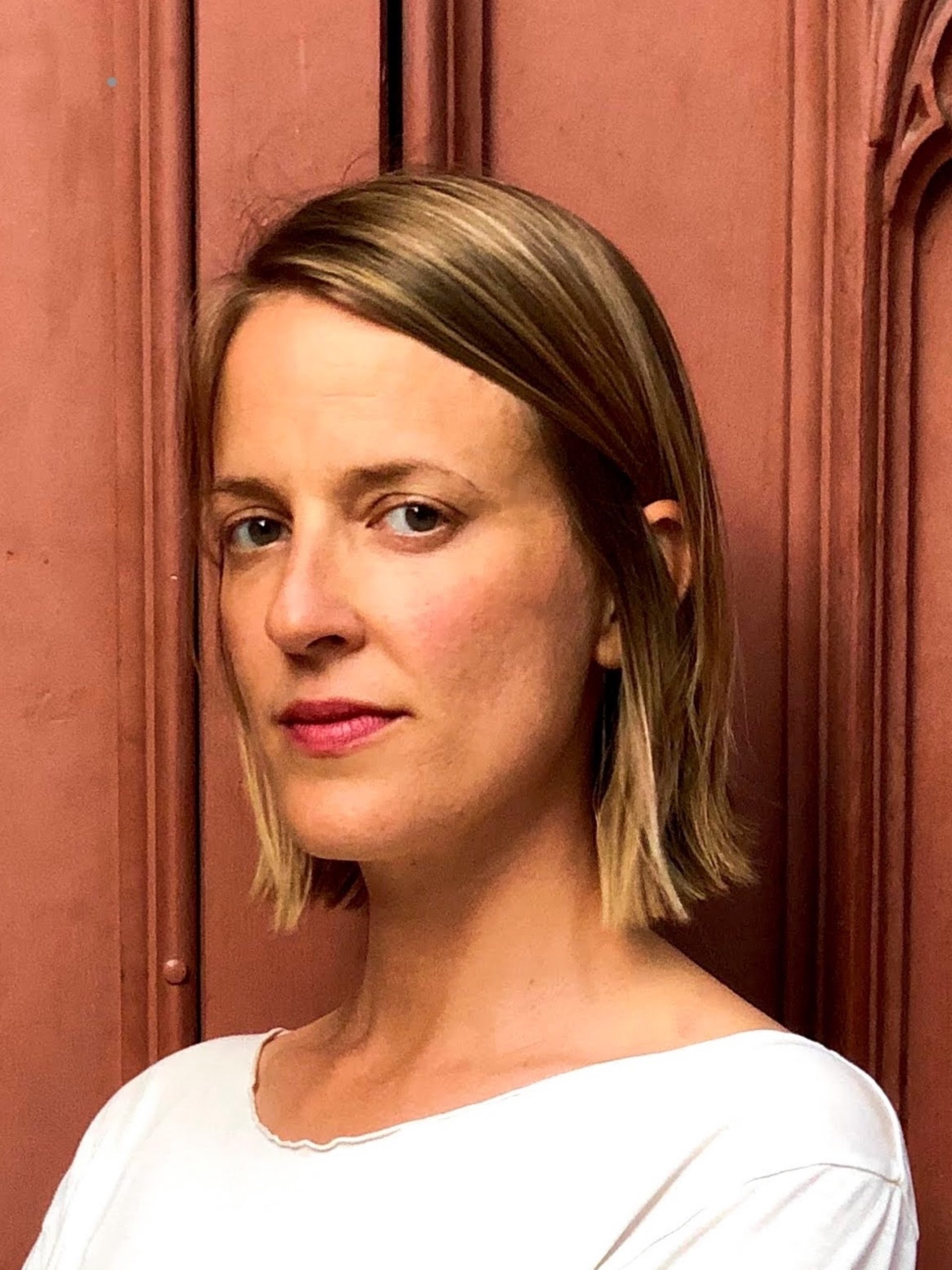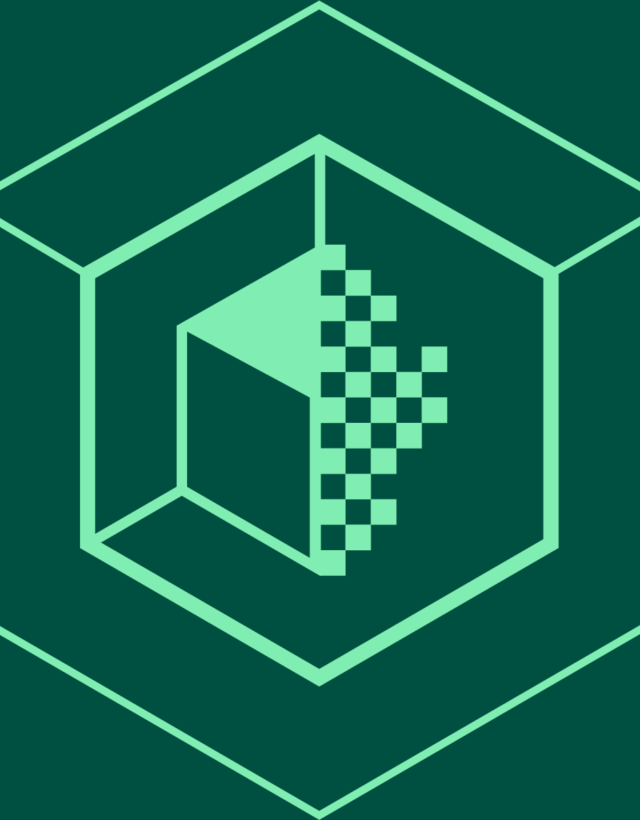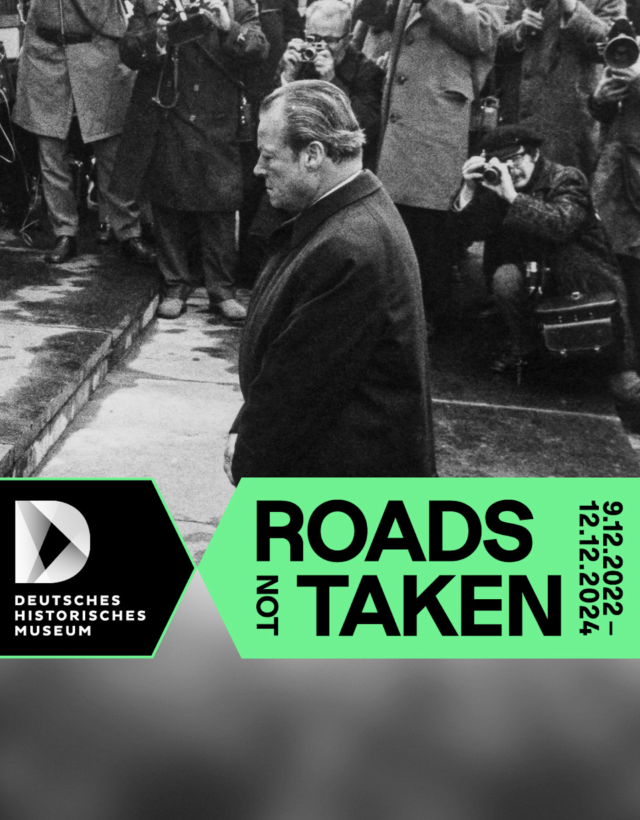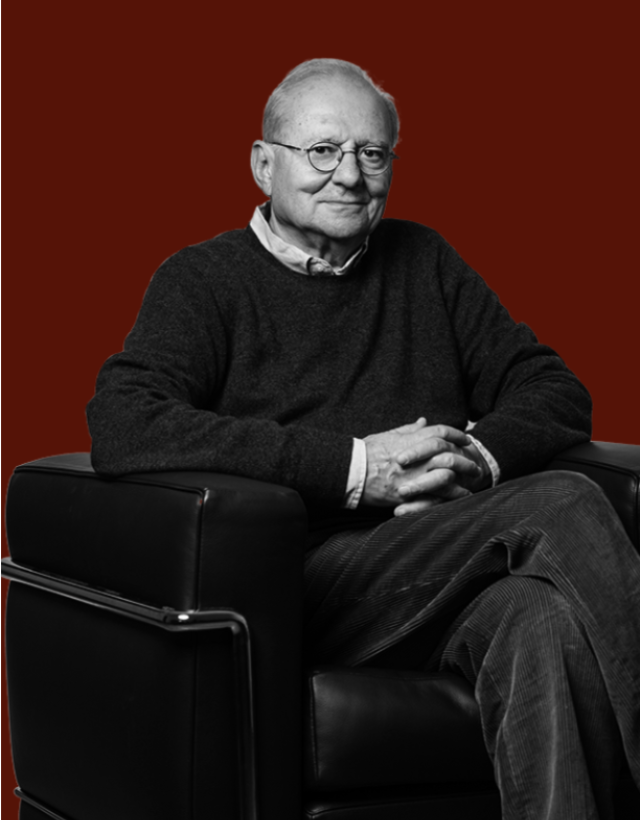
Home base: Portland, OR, USA
Job title: Doctoral Researcher
Erica Dorn is a social systems choreographer. She educates and facilitates organizations, movements, and communities in long-vision systems transitions. She has led an extensive career in local economic development, social impact investing, business and leadership education, and experience design. In 2015, she co-founded and served as the Managing Director of the Good Work Institute, formerly known as etsy.org. She built the organization from its roots, with a focus on the design and the delivery of a first-of-its-kind bioregional fellowship program in New York’s Hudson Valley. She has worked in US Microfinance for Kiva and Accion, entrepreneurial and design education at City University of New York and School of Visual Arts, and community and leadership development in Latin America. Erica is a doctoral researcher in Transition Design at Carnegie Mellon University, researching and developing theory in Place Relationality. She is on the Board of Directors for Third Millennium Alliance, a rainforest conservation organization working to restore the last remnants of coastal Ecuadorian rainforests. Erica is a life-long dancer and recently completed a 4,400-mile bicycle trip across the US. Originally from Colorado, she currently resides in Portland, OR, and calls New York home.
Many areas in the United States were already experiencing slow decay before COVID-19. Now, the sense of isolation, the economic downfall, and political divisions have gotten worse.
Communities that lack economic viability and that are in a process of decay share a need for future visions and relationships that can help enact transitions towards viable futures. Yet, relationships with diverse perspectives and experiences must often be intentionally curated and stewarded. Erica’s project creates a place-to-place social network made up of residents from various place-settings across the United States, including urban, rural, and suburban. This network will learn, restore, and build democratic processes by working together.
The Relational Places Residency program will bring together six local leaders from distinct economic and urban/rural contexts to develop relationships, share learning, and develop future visions that can be enacted in the present for long-term civic transitions. Through virtual and place-specific learning and interaction sessions, residents learn from one another and from a larger community about how to enact new and innovative democratic processes within their communities. Citizen assemblies, mutual aid networks, citizen bills of rights, deliberative democracy, design, and dialogue are a few examples of the ideas and tools that will be introduced. The network will also ensure space for each resident to share their place-specific knowledge.
The Relational Places Residency project asks: How can place-specific communities be networked to learn, restore, and enact democratic processes? How can we develop long-term visions that bridge experiential divides between economically thriving and economically decaying places?
Places, like people, are living and dynamic and can improve through diverse interactions. The project aims to create a proof of concept for bridging political divides by building networks between autonomous places that are experiencing diverse economic and social issues.
Within this proof of concept, the following impacts include:
- Build a new community and network with shared-vision of prosperous and transitioned futures;
- Enact community projects that fulfill those visions;
- Develop experiences of empathy and hope for a better future;
- Build bridges that heal political divides between urban and rural life experiences;
- Share the emergent and developing outcomes with a broader community.


